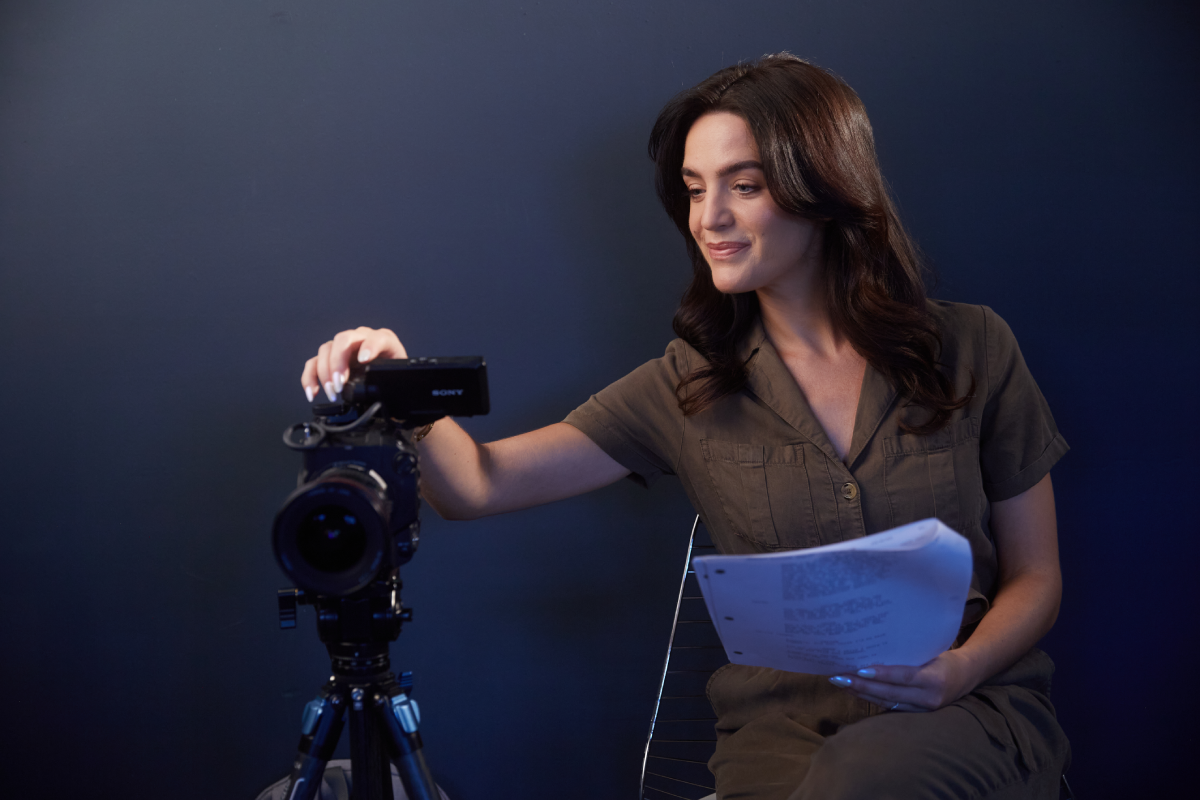Young British actor Jake Rose has spent the last five years living and working in New York. Here are his tips for anyone who is thinking about making a move Stateside in the future.
It’s ultimately about learning to adapt to your new surroundings, persevering and doing everything you can to give yourself a better chance of booking that next job.
As actors, we all know that finding work is always going to be a challenge, especially when you’re starting out, but what if you’re also in a different country?
The grind of being an actor will always be there but there are things you can do to give yourself a better chance of booking that job even if you find yourself overseas. This is something I found out for myself as a young British actor arriving in New York nearly five years ago. I originally came to America for a few months to study acting on a summer course, little did I know I’d still be living and working here as an actor all these years later!
Here are six things I’ve learnt that may help any other actors hoping to make it in America.
1. Make Connections
I made the choice to attend the American Academy of Dramatic Arts and as a fresh-off-the-boat Brit, it was down to me to create a foundation for myself in New York. One that I could build a career on.
There’s support on tap in the acting school environment and the contacts I made at acting school has led to all sorts of varied work and social experiences. Opportunities came my way to work with exciting writers and directors – some established, some just starting out but all extremely talented in their field.
Making connections is a vital part of life as an actor, whether this is with fellow actors, directors, agents, or friends of friends in the industry. Grabbing opportunities wherever and whenever you can is key.
2. Learn What Your Strengths Are
Knowing what your strengths are can really help you book that job. Sell yourself whenever the opportunity arises and embrace your more unique skills and traits as they may be the things that set you apart from the rest when it comes to getting cast.
Being flexible will also bring opportunities you least expect, my own willingness to ‘just go with it’ means that I’ve been privileged to work with companies from the UK and America.
3. Use Social Media to Your Advantage
In today’s world, social media is at the centre of everything and whether you like it or not introductions in the form of face-to-face meetings are becoming less common. All can be revealed at the touch of a button so it’s vital that you make sure you keep your online presence professional and your Spotlight profile up-to-date.
Research and preparation are so valuable prior to auditions so use social media to your advantage by doing a bit of detective work to keep ahead of the game.
4. Prepare for Culture Change
As a small-town boy from the North of England, the big city life of New York was overwhelming at first. Adapting to the hustle and bustle, the different sense of humour and navigating cultural barriers was sometimes testing but it’s also incredibly exciting and electric. As you get to know a new place, you’ll quickly find that there’s no shortage of new material to explore and your experience will help you to build new characters in new circumstances.
Be reassured that it may take a while to find out where you best fit but you’ll eventually adjust to the environment you find yourself in. You aren’t the first person to try working as an actor in a different country. New York, in particular, attracts so many hopefuls.
There are communities within America that originate from the UK and finding your way into these groups can often be a huge help. They’ll understand the struggles you face as a Brit abroad and you can also learn from their experiences.
5. Should I Keep My Accent in Auditions?
I’ve heard countless opinions on whether it’s best to walk into a room sporting an American accent, or my own broad West Yorkshire. I’m not convinced that this is particularly important either way but what I do know is that showing who you are in the small time you have is probably the way to go. You can always adapt afterwards.
Bear in mind that the majority of the time working abroad will require an accent or dialect of some kind so keep this ability in your back pocket for when you need it.
6. Apply for a Visa
After completing a course in America most degrees allow you to apply for the Optional Practical Training (OPT) Visa. This allows you to stay in the country and work in your specified field for a maximum of one year after your course has finished, before you make a commitment to apply for a working visa.
Whilst the application process can often be laborious don’t let it put you off. The visa requires a portfolio showing your recognised work, references, a sponsor to vouch for why you’d be a good addition to the country, and evidence that you have future work.
The U.S. Citizenship and Immigration Services (USCIS) has a list of six requirements and you must meet at least three of these to have a chance of being accepted. It’s definitely achievable for a lot of working actors and they recognise that not everyone working abroad is an Oscar-winning actor!
The idea of working abroad often seems more daunting than it actually is in reality. Just know that wherever you are in the world there’s some kind of work available to you as an actor. It’s ultimately about learning to adapt to your new surroundings, persevering and doing everything you can to give yourself a better chance of booking that next job. I wish you luck!
Born and raised in Bradford, Jake Rose studied at The American Academy of Dramatic Arts in New York before being invited back to join The Academy’s Company where he starred as the lead in Douglas Carter Beane’s new world premiere of ‘Star Spangled’ and in RSC director Owen Horsley’s mash-up of Shakespeare history plays ‘The Richard Project’. He’s gone on to take part in works at the Edinburgh fringe and tours of America as well as experience with Broadway auditions.
Image by Denys Nevozhai via Unsplash.



















